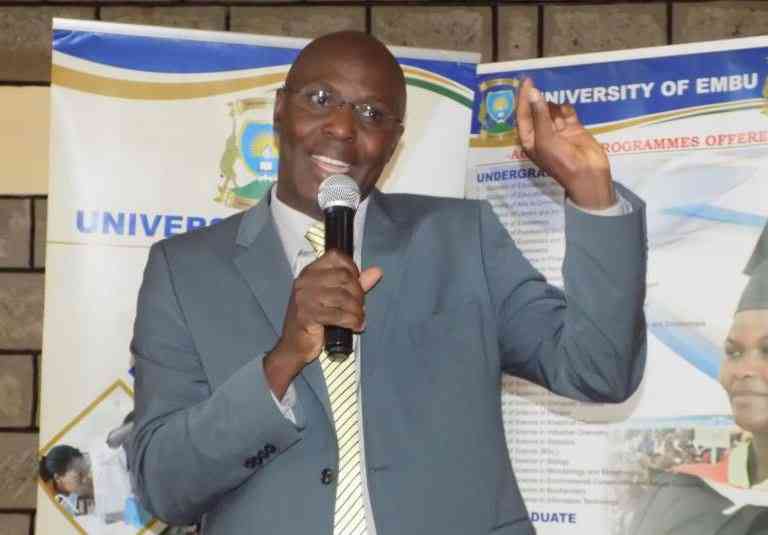
Today is World Kiswahili Language Day. The fete is being celebrated globally for the first time since UNESCO designated July 7 as the official day to commemorate this particular lingua franca.
And while Kiswahili represents a recognition of our unifying language as a region, not so many people from the East African Community can actually speak it. Kiswahili is a Bantu language native to the Swahili people who live along the Indian Ocea coast of East Africa. The number of Kiswahili speakers, be they native or second-language speakers, is estimated to be 200 million.